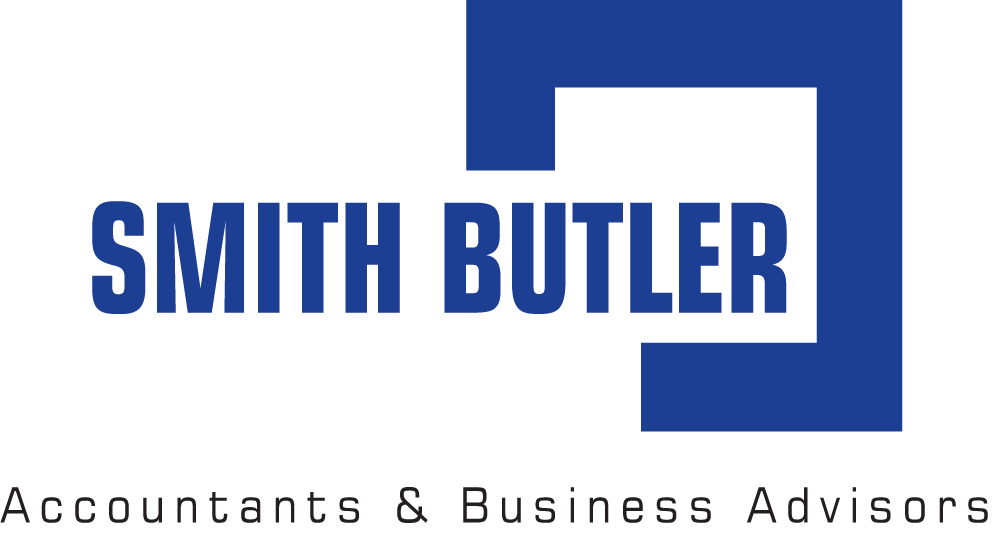Marketing agencies face unique challenges when it comes to tax. From the software needed to manage campaigns to staff costs and client entertainment, it’s easy to lose sight of how your expenses and income affect your bottom line. That’s why we’ve outlined tax strategies to help marketing agencies like yours stay compliant while reducing liabilities.
Whether you’re looking to optimise your salary structure, maximise tax reliefs or manage VAT effectively, here’s how to make your agency more tax efficient.
Claiming allowable expenses
Claiming the right expenses can significantly reduce your tax bill. For marketing agencies, there are several common expenses that are deductible.
- Software and tools: Whether it’s subscriptions to project management platforms, graphic design software or social media scheduling tools, these costs are fully deductible.
- Travel and accommodation: If you or your team travel for client meetings or industry events, you can claim back these expenses. Make sure to keep clear records, including receipts and the purpose of the trip.
- Client entertainment: While the costs of entertaining clients aren’t typically tax-deductible, entertaining your team – such as an annual staff party – may qualify for relief up to £150 per person.
To ensure accuracy, work with an accountant who can guide you on what qualifies as an allowable expense and how to document it properly.
Optimising staff costs
One of the largest expenses for any marketing agency is staffing, but there are ways to structure salaries and benefits to save tax.
- Salary and dividends: If you operate as a limited company, paying yourself through a combination of salary and dividends can reduce both personal and corporate tax liabilities. For the current tax year, the dividend allowance is £500, so ensure you make full use of it.
- Employee benefits: Offering tax-efficient perks like childcare vouchers, cycle-to-work schemes or salary sacrifice pension contributions can reduce national insurance contributions for both you and your team.
Speak to an accountant about tailoring a staff remuneration strategy that aligns with your agency’s goals while keeping costs tax-efficient.
Maximising tax reliefs
Tax reliefs offer valuable savings, and marketing agencies often overlook some of the most relevant ones.
- R&D tax credits: Even if your agency doesn’t develop software, you could still qualify for research and development (R&D) tax credits if you’ve worked on innovative projects. For example, creating a bespoke digital solution for a client could be eligible. Under the new merged R&D tax relief scheme, small and medium-sized enterprises (SMEs) can claim a credit worth 20% of qualifying expenditure, with enhanced support of up to 27% available for R&D-intensive businesses.
- Annual investment allowance (AIA): If you’ve invested in new equipment, such as computers or office furniture, you can deduct 100% of these costs up to the AIA limit of £1m.
- Creative industry reliefs: If your agency has worked on projects related to film, TV or video games, you might qualify for specific reliefs tied to those industries.
Utilising these reliefs can make a noticeable difference to your tax bill, but they require detailed record-keeping and precise calculations.
Planning for VAT
VAT can be a challenging area for marketing agencies, especially if you work with both UK and international clients. Key points to consider include the following.
- VAT registration: If your taxable turnover exceeds £90,000, you must register for VAT.
- International clients: Services supplied to clients outside the UK may qualify as zero rated for VAT purposes, depending on the nature of the work.
- VAT schemes: Consider whether the flat rate scheme or cash accounting scheme could benefit your business. These schemes simplify VAT reporting and may reduce your overall liability.
A proactive approach to VAT can prevent cashflow issues and ensure compliance with HMRC rules.
Corporation tax considerations
The corporation tax rate for 2024/25 depends on your agency’s profits.
- For profits up to £50,000, the small profits rate of 19% applies.
- For profits above £250,000, the main rate is 25%.
- Marginal relief is available for profits between £50,000 and £250,000.
By managing when and how you incur expenses, you can reduce taxable profits and potentially fall into a lower tax bracket. For example, timing equipment purchases or staff bonuses at year end can have a significant impact.
The benefits of working with an accountant
The tax landscape changes frequently, and keeping up with HMRC rules can be a full-time job. By working with accountants who specialise in marketing agencies, you’ll gain tailored advice on everything from expense claims to VAT planning.
We can help you stay compliant while finding opportunities to reduce your tax burden, leaving you free to focus on growing your agency.
If you’d like to discuss tax strategies for your business, get in touch today.
